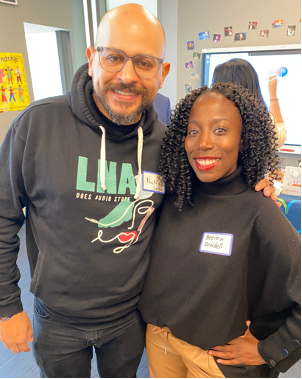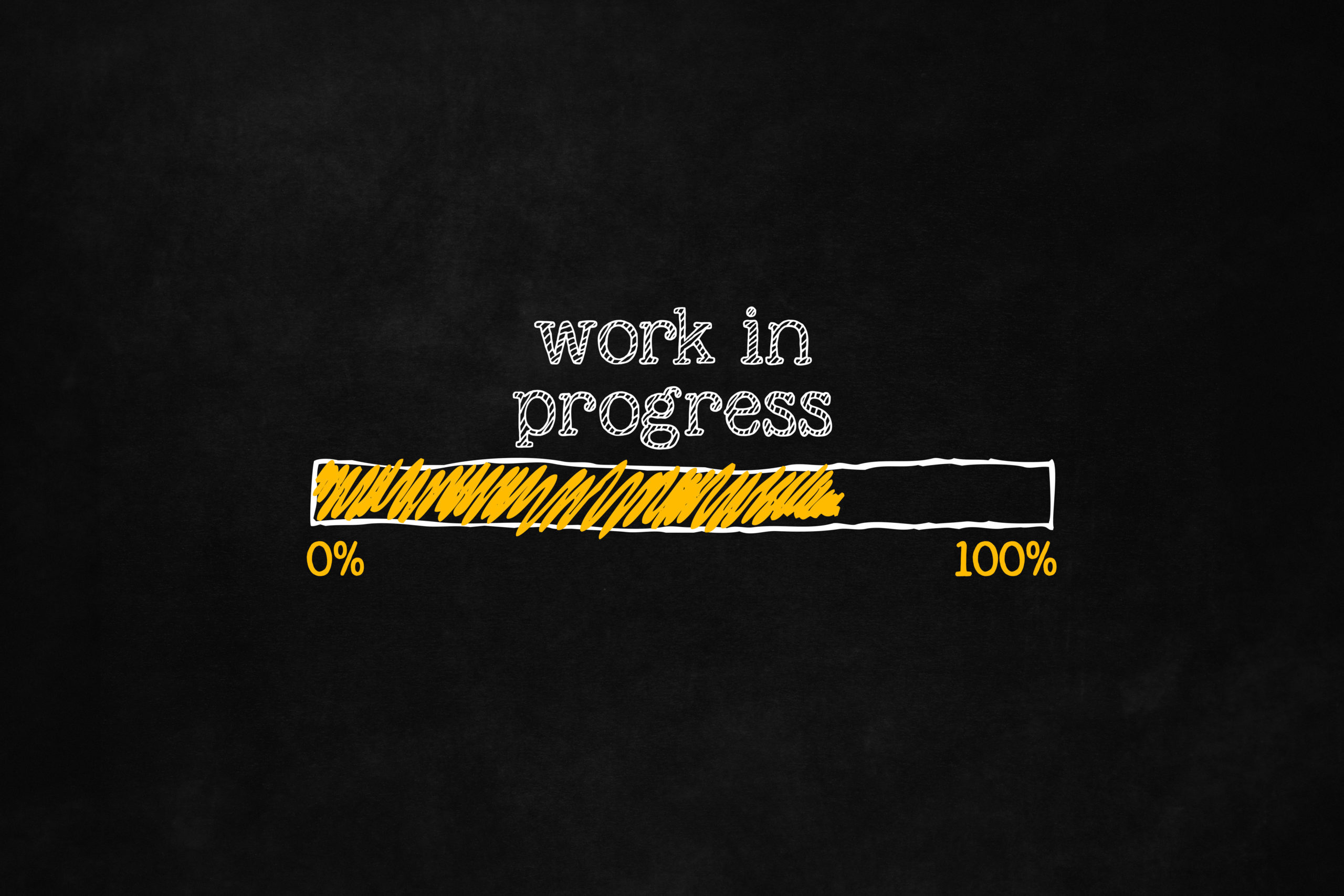
Patience & Understanding (in these Stressful Times)

Parent stress increased substantially during COVID-19 closures and has not returned to pre-COVID-19 levels. According to the National Library of Medicine, one-in-five parents reported high stress during the Covid-19 school closures, while three-in-four parents reported increased parenting-specific stress. Multiple studies have found that high stress was a common initial reaction to this pandemic, with parents experiencing more stress than non-parents. There is nothing surprising about this data, nor is it something we are unfamiliar with. It was/is almost second nature to be stressed these days, and we still aren’t clear of the debris field.
Long before the pandemic, 46% of K-12 teachers reported high levels of job-related stress, according to a 2014 Gallup report on the state of America’s schools. Fast forward to 2022. I just read a RAND report that finds 73% of teachers feel frequent job-related stress, 28% have symptoms of depression, and 59% report burnout. That means most teachers are feeling the pressure. A National Education Association survey from February concluded that burnout is the top issue facing educators, with 90% of teachers calling the issue “very serious or somewhat serious.” About 55% of teachers said they were considering leaving the field earlier than planned.
All this scientific data leads us to an important conclusion: everyone has been and still is stressed. While most covid related restrictions are gone, and we are trying to get back to normal, it seems that the stress (which now includes the trepidation connected to “getting back to normal”) is with us more than ever.
For the schools, operating with staffing shortages is normal. (Covid still requires 5-day quarantines.) This puts a heavy burden on those picking up the slack. Teachers/faculty, by their very nature, are not quiet quitters, but we can only ask so much before they hit a wall.
While recognizing parental stress at this time, I ask everyone to acknowledge the general state of things. We get a handful of requests that go beyond the schools’ capabilities. For example, we cannot provide childcare outside school hours. We realize that returning to work in person creates childcare issues similar to pre-covid times, however, we are unable to accommodate. Bussing also has created terrible stressors, with some families unable to even get to school. However, we have no control over the Office of Pupil Transportation. We have dedicated staff to facilitate and liaison, but when a driver is out sick, or a bus breaks down with no replacement, we have no control over those situations.
We also make mistakes. Sometimes, a student will get on the bus when they are supposed to be picked up or have gluten when they are on a restricted diet. While we are pretty diligent when it comes to procedures, things can get confused. We do ask for patience and understanding. Being in the new building with twice the student population creates new challenges. For example, we now have over 40 buses dropping off and picking up students, so bussing takes longer. But as we move forward, we are streamlining procedures. If you have any questions about operations, please refer to our parent manual which has specific details about procedures and operations. Thanks!
Cooke Parent Meet and Greet

Last Friday, we had an excellent turnout for our K-12 Parent Meet and Greet. Over coffee and pastries, parents and administration met to learn about volunteer opportunities within the school, connect with other parents, and talk about assorted other topics. We are hoping to get our Parent School Association (PSA) back to pre-Covid status. We had a vibrant PSA that held meetings, took over special events and connected parents.
Please take a look at Mary Clancy’s newsletter for a link to the survey and volunteer opportunities. We are looking for class and grade parents to start, and from there we can begin meetings to rebuild the PSA.
Test Scores

Chalkbeat reports that nearly half of New York City’s third through eighth graders passed their state reading tests last school year, while about 38% passed math, according to scores released by city officials Wednesday.
The scores are the first measure of how students across the five boroughs have fared in reading and math since the coronavirus pandemic upended in-person schooling and left many children grappling with isolation and grief. Though schools gave students other city-mandated assessments last year, officials have refused to release the results publicly .
Overall, reading scores increased slightly, up 1.6 percentage points from 2019, while math scores dropped significantly, down 7.6 percentage points. The city didn’t release results for charter schools.
In terms of student regression during the pandemic, it was reported that students lost about 3 months growth during the phase of homeschooling. Regression is a common research topic and is examined every year as researchers look at summer regression.
Cooke did much better than the city, with zero regression over the pandemic. However, growth was minimal. If you remember, during Covid, when students were home, they took an online test (most students in 3rd grade and up). This isn’t the best way to get student information, but we tried. Now that we are back, we can return to regular assessment work. It will take a year to collect enough data to make sense. I look forward to sharing the data with families.
Over the year, teachers perform both formal and informal assessments. Formative assessment, formative evaluation, formative feedback, or assessment for learning, including diagnostic testing. We use an online system called STAR Math and STAR Reading. Informal assessments include observation, portfolios, anecdotal notes and checklists. Screening assessments give teachers valuable information about where children are developmentally.
Our students are complex, which doesn’t always allow for simple assessment. Our students’ strengths and challenges are complex and are not easily described by test scores. Things like processing speed, language impairments, and hyperlexia make it almost impossible to give our students a grade level. To really understand students, we look at trends over the years, including growth in scores and attainment of specific goals.
Future Voters

Transitions students are actively participating in their civic responsibilities. Students are registering to vote and proudly exercise their right to vote in the upcoming election.



